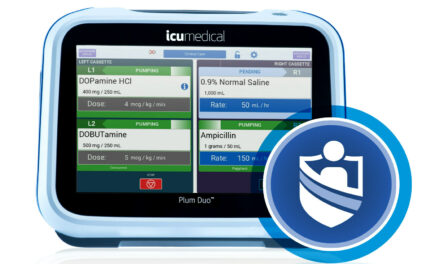The FDA is ramping up unannounced inspections at foreign sites producing medical products and other goods to align regulatory oversight with domestic standards.
The US Food and Drug Administration (FDA) is expanding the use of unannounced inspections at foreign manufacturing facilities that produce medical products, essential medicines, and food products for American patients and consumers.
This change builds on the agency’s Office of Inspection and Investigations Foreign Unannounced Inspection Pilot program in India and China, aiming to ensure that foreign companies will receive the same level of regulatory oversight and scrutiny as domestic companies, according to an FDA release.
“For too long, foreign companies have enjoyed a double standard—given advanced notice before facility inspections, while American manufacturers are held to rigorous standards with no such warning. That ends today. This is a key step for the FDA as part of a broader strategy to get foreign inspections back on track,” says FDA Commissioner Martin A. Makary, MD, MPH.
The FDA will also evaluate its policies and practices for improvements to the foreign inspection program. These changes will include clarifying policies for FDA investigators to refuse travel accommodations from regulated industry, including lodging and transportation arrangements (taxi, limousine, and for-hire vehicle transit), to maintain the integrity of the oversight process.
Aligning Oversight Standards
Each year, the FDA conducts approximately 12,000 domestic inspections and 3,000 foreign inspections in more than 90 countries. While US manufacturers are subject to frequent, unannounced inspections, foreign firms have often had weeks to prepare, the FDA states. Despite the advanced notice, the FDA found serious deficiencies in foreign facilities more than twice as often as domestic facilities.
“With this shift, the FDA is further ensuring that every product entering the US is safe, legitimate, and honestly made. Unannounced inspections will also help expose bad actors—those who falsify records or conceal violations—before they can put American lives at risk,” the FDA states in a release.
The FDA notes that it is authorized to take regulatory action against any firm that seeks to delay, deny, or limit an inspection, or refuses to permit entry for an unannounced drug or device inspection.
“The FDA’s rigorous, science-based global inspections of manufacturing facilities ensure that the food and drug products that enter the US marketplace and the homes of American consumers are safe, trusted, and accessible,” says FDA assistant commissioner for Inspections and Investigations Michael Rogers in a release. “These inspections provide real-time evidence and insights that are essential for making fact-based regulatory decisions to protect public health.”
The agency emphasized that even inspections that result in “No Action Indicated” findings provide critical regulatory intelligence, reinforcing the safety net for US consumers.
This approach represents what the FDA describes as a stronger, more proactive stance in enforcing regulatory standards for foreign manufacturers supplying the US market.
ID 4598921 © Raja Rc | Dreamstime.com





